AARP Hearing Center

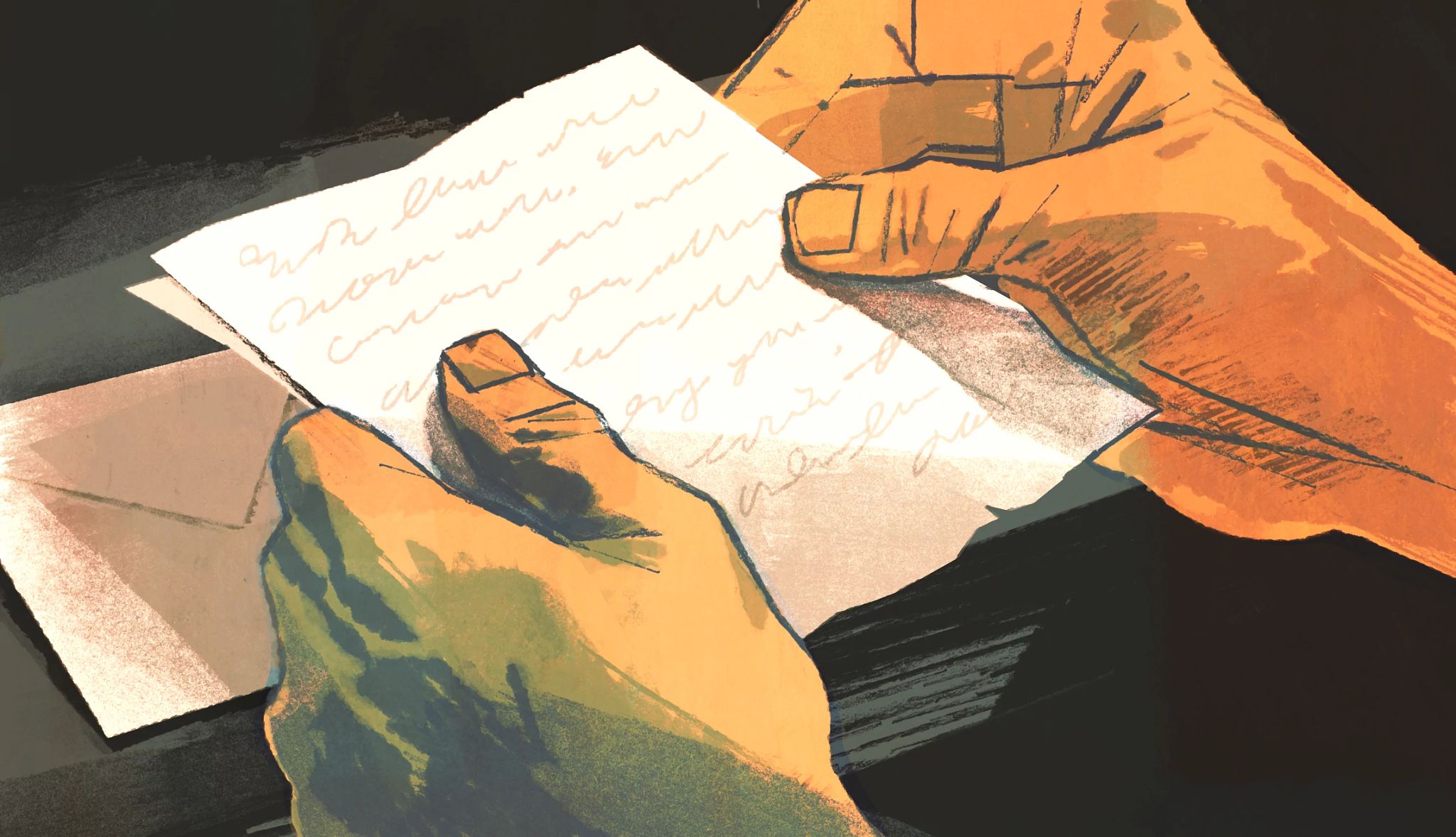
Jump to chapters
Chapter 28
Ira
When I wake, my first thought is that my body is weak and growing steadily weaker. Sleep, instead of giving me strength, has robbed me of some of the precious hours I have remaining.
Morning sunlight slants through the window, reflected bright and sharp by the snow. It takes a moment to realize that it’s Monday. More than thirty-six hours now since the accident. Who could have imagined such a thing happening to an old man like me? This will to live. But I have always been a survivor, a man who laughs in the face of death and spits in the eye of mother fate. I fear nothing, not even the pain. It’s time for me to open the door and scale the embankment, to flag down a passing car. If no one comes to me, I will have to go to them.
Who am I kidding?
I can do no such thing. The agony is so intense that it takes a concerted effort to bring the world back into focus. For a moment, I feel strangely dissociated from my body—I can see myself propped on the steering wheel, my body a broken wreck. For the first time since the accident, I am sure that it is no longer possible for me to move. The bells are tolling, and I do not have long. This should frighten me, but it doesn’t. In no small way, I have been waiting to die for the last nine years.
I was not meant to be alone. I am not good at it. The years since Ruth’s passing have ticked by with the kind of desperate silence known only to the elderly. It is a silence underscored by loneliness and the knowledge that the good years are already in the past, coupled with the complications of old age itself.
The body is not meant to survive nearly a century. I speak from experience when I say this. Two years after Ruth died, I suffered a minor heart attack—I was barely able to dial for help before I fell to the floor, unconscious. Two years after that, it became difficult to maintain my balance, and I purchased the walker to keep from toppling into the rosebushes whenever I ventured outside.
Caring for my father had taught me to expect these kinds of challenges, and I was largely able to move past them. What I hadn’t expected, however, was the endless array of minor torments—little things, once so easy, now rendered impossible. I can no longer open a jar of jelly; I have the cashier at the supermarket do it before she slips it into the bag. My hands shake so much that my penmanship is barely legible, which makes it difficult to pay the bills. I can read only in the brightest of lights, and without my dentures in place, I can eat nothing but soup. Even at night, age is torturous. It takes forever for me to fall asleep, and prolonged slumber is a mirage. There is medicine, too—so many pills that I’ve had to tack a chart on the refrigerator to keep them straight. Medicine for arthritis and high blood pressure and high cholesterol, some taken with food and some without, and I’m told that I must always carry nitroglycerine pills in my pocket, in the event I ever again feel that searing pain in my chest. Before the cancer took root—a cancer that will gnaw at me until I’m nothing but skin and bones—I used to wonder what indignity the future would bring next. And God, in his wisdom, provided the answer. How about an accident! Let’s break his bones and bury him in snow! I sometimes think God has an odd sense of humor.
Had I said this to Ruth, she would not have laughed. She would say I should be thankful, for not everyone is blessed with a long life. She would have said that the accident was my fault. And then, with a shrug, she would have explained that I had lived because our story was not yet finished.
What became of me? And what will become of the collection?
I’ve spent nine years answering these questions, and I think Ruth would have been pleased. I’ve spent these years surrounded by Ruth’s passion; I have spent my years embraced by her. Everywhere I have looked, I’ve been reminded of her, and before I go to bed every night, I stare at the painting above the fireplace, comforted by the knowledge that our story will have precisely the kind of ending that Ruth would have wanted.
+++
The sun rises higher, and I hurt even in the distant recesses of my body. My throat is parched and all I want is to close my eyes and fade away.
But Ruth will not let me. There is an intensity in her gaze that wills me to look at her.
“It is worse now,” she says. “The way you are feeling.”
“I’m just tired,” I mumble.
“Yes,” she says. “But it is not your time yet. There is more you must tell me.”
I can barely make out her words. “Why?”
“Because it is the story of us,” she says. “And I want to hear about you.”
My mind spins again. The side of my face hurts where it presses against the steering wheel, and I notice that my broken arm looks bizarrely swollen. It has turned purple and my fingers look like sausages. “You know how it ends.”
“I want to hear it. In your own words.”
“No,” I say.
“After sitting shiva, the depression set in,” she goes on, ignoring me. “You were very lonely. I did not want this for you.”
Sorrow has crept into her voice, and I close my eyes. “I couldn’t help it,” I say. “I missed you.”
She is silent for a moment. She knows I am being evasive. “Look at me, Ira. I want to see your eyes as you tell me what happened.”
“I don’t want to talk about this.”
“Why not?” she persists.
The ragged sound of my breath fills the car as I choose my words. “Because,” I finally offer, “I’m ashamed.”
“Because of what you did,” she announces.
She knows the truth and I nod, afraid of what she thinks of me. In time, I hear her sigh.
“I was very worried about you,” she finally says. “You would not eat after you sat shiva, after everyone went away.”
“I wasn’t hungry.”
“This is not true. You were hungry all the time. You chose to ignore it. You were starving yourself.”
“It doesn’t matter now—,” I falter.
“I want you to tell me the truth,” she persists.
“I wanted to be with you.”
“But what does that mean?”
Too tired to argue, I finally open my eyes. “It means,” I say, “that I was trying to die.”
+++
It was the silence that did it. The silence that I still experience now, a silence that descended after the other mourners went away. At the time, I was not used to it. It was oppressive, suffocating—so quiet that it eventually became a roar that drowned out everything else. And slowly but surely, it leached me of my ability to care.
Exhaustion and habits further conspired against me. At breakfast, I would pull out two cups for coffee instead of one, and my throat would clench as I put the extra cup back in the cupboard. In the afternoon, I would call out that I was going out to retrieve the mail, only to realize that there was no one to answer me. My stomach felt permanently tense, and in the evenings, I couldn’t fathom the idea of cooking a dinner that I would have to eat alone. Days would pass where I ate nothing at all.
I am no doctor. I do not know if the depression was clinical or simply a normal product of mourning, but the effect was the same. I did not see any reason to go on. I did not want to go on. But I was a coward, unwilling to take specific action. Instead, I took no action, other than a refusal to eat much of anything, and again the effect was the same. I lost weight and grew steadily weaker, my path preordained, and little by little, my memories became jumbled. The realization that I was losing Ruth again made everything even worse, and soon I was eating nothing at all. Soon, the summers we spent together vanished entirely and I no longer saw any reason to fend off the inevitable. I began to spend most of my time in bed, eyes unfocused as I gazed at the ceiling, the past and the future a blank.
+++
“I do not think this is true,” she says. “You say that because you were depressed, you did not eat. You say that because you could not remember, you did not eat. But I think that it is because you did not eat that you could not remember. And so you did not have the strength to fight the depression.”
“I was old,” I say. “My strength had long since evaporated.”
“You are making excuses now.” She waves a hand. “But this is not a time to make jokes. I was very worried about you.”
“You couldn’t be worried. You weren’t there. That was the problem.”
Her eyes narrow and I know I’ve struck a nerve. She tilts her head, the morning sunlight casting half her face in shadow. “Why do you say this?”
“Because it’s true?”
“Then how can I be here now?”
“Maybe you aren’t.”
“Ira . . .” She shakes her head. She talks to me the way I imagine she once talked to her students. “Can you see me? Can you hear me?” She leans forward, placing her hand on my own. “Can you feel this?”
Her hand is warm and soft, hands I know even better than my own. “Yes,” I say. “But I couldn’t then.”
She smiles, looking satisfied, as if I’d just proved her point. “That is because you were not eating.”
+++
A truth emerges in any long marriage, and the truth is this: Our spouses sometimes know us better than we even know ourselves.
Ruth was no exception. She knew me. She knew how much I would miss her; she knew how much I needed to hear from her. She also knew that I, not she, would be the one left alone. It’s the only explanation, and over the years, I have never questioned it. If she made one mistake, it was that I did not discover what she had done until my cheeks had hollowed and my arms looked like twigs. I do not remember much about the day I made my discovery. The events have been lost to me, but this is not surprising. By that point, my days had become interchangeable, without meaning, and it wasn’t until darkness set in that I found myself staring at the box of letters that sat upon Ruth’s chest of drawers.
I had seen them every night since her passing, but they were hers, not mine, and to my misguided way of thinking, I simply assumed they would make me feel worse. They would remind me of how much I missed her; they would remind me of all that I had lost. And the idea was unbearable. I just could not face it. And yet, on that night, perhaps because I’d become numb to my feelings, I forced myself from the bed and retrieved the box. I wanted to remember again, if only for a single night, even if it hurt me.
The box was strangely light, and when I lifted the lid, I caught a whiff of the hand lotion Ruth had always used. It was faint, but it was there, and all at once, my hands began to shake. But I was a man possessed, and I reached for the first of the anniversary letters I’d written to her.
The envelope was crisp and yellowing. I’d inscribed her name with a steadiness that had long since vanished, and once again, I was reminded of my age. But I did not stop. Instead, I slid the brittle letter out of its sleeve as I maneuvered it into the light.
At first, the words were foreign to me, a stranger’s words, and I did not recognize them. I paused and tried again, concentrating on bringing the words into focus. And as I did, I felt Ruth’s presence gradually take shape beside me. She is here, I thought to myself; this is what she’d intended. My pulse began to race as I continued to read, the bedroom dissolving around me. Instead, I was back at the lake in the thin mountain air of late summer. The college, shuttered and forlorn, stood in the background as Ruth read the letter, her downcast eyes flickering across the page.
I’ve brought you here—to the place where art first took on true meaning for me—and even though it will never be the same as it once was, this will always be our place. It’s here that I was reminded of the reasons I fell in love with you; it was here where we began our new life together.
When I finished the letter, I slipped it back into the envelope and set it aside. I read the second letter, then the next, then the one after that. The words flowed easily from one year to the next, and with them came memories of summers that in my depression I had been unable to recall. I paused when I read a passage that I’d written on our sixteenth anniversary.
I wish I had the talent to paint the way I feel about you, for my words always feel inadequate. I imagine using red for your passion and pale blue for your kindness; forest green to reflect the depth of your empathy and bright yellow for your unflagging optimism. And still I wonder: can even an artist’s palette capture the full range of what you mean to me?
Later, I came across a letter I’d written in the midst of the dark years, after we’d learned that Daniel had moved away.
I witness your grief and I don’t know what to do, other than wish that I could somehow wash away the traces of your loss. I want more than anything to make things better, but in this I am helpless and have failed you. I’m sorry for this. As your husband, I can listen and hold you; and kiss your tears away, if given the chance.
It went on, this lifetime in a box, one letter after another. Outside the window, the moon ascended and drifted and eventually climbed out of sight as I continued to read. Each letter echoed and reaffirmed my love for Ruth, burnished by our long years together. And Ruth, I learned, had loved me, too, for she left me a gift at the bottom of the stack.
I will admit: I didn’t expect this. That Ruth could still surprise me, even from beyond, caught me off guard. I stared at the letter lying at the bottom of the box, trying to imagine when she’d written it and why she’d never told me. I have read this letter often in the years since I first found it, so many times that I can recite it from memory. I know now that she’d kept it secret in the certainty that I would find it in the hour of my greatest need. She knew I would eventually read my letters to her; she predicted that a time would come when I could no longer resist the pull.
And in the end, it worked out just as she’d planned.
On that night, however, I did not think of this. I simply reached for the letter with trembling hands and slowly began to read.
My Dearest Ira,
I write this letter as you are sleeping in the bedroom, uncertain where I should begin. We both know why you’re reading this letter and what it means. And I am sorry for what you must be enduring.
Unlike you, I am not good at writing letters and there is so much I want to say. Perhaps if I wrote in German it might flow more easily, but then you could not read it, so what would be the point? I want to write you the kind of letter you always wrote to me. Sadly, unlike you I have never been good with words. But I want to try. You deserve it, not just because you’re my husband, but because of the man you are.
I tell myself that I should begin with something romantic, a memory or gesture that captures the kind of husband you have been to me: the long weekend at the beach when we first made love, for example, or our honeymoon, when you presented me with six paintings. Or perhaps I should speak of the letters you wrote, or the feel of your gaze on me as I considered a particular piece of art. And yet, in truth it is in the quiet details of our life together where I have found the most meaning. Your smile at breakfast always made my heart leap, and the moment in which you reached for my hand never failed to reassure me of the rightness of the world. So you see, choosing a handful of singular events feels wrong to me—instead, I prefer to recall you in a hundred different galleries and hotel rooms; to relive a thousand small kisses and nights spent in the familiar comfort of each other’s arms. Each of those memories deserves its own letter, for the way you made me feel in each and every instance. For this, I have loved you in return, more than you will ever know.
I know you are struggling, and I am so sorry that I am not able to comfort you. It feels inconceivable that I will never be able to do so again. My plea to you is this: despite your sadness, do not forget how happy you have made me; do not forget that I loved a man who loved me in return, and this was the greatest gift I could ever have hoped to receive.
I am smiling as I write this, and I hope you can find it in yourself to smile as you read this. Do not drown yourself in grief. Instead, remember me with joy, for this is how I always thought of you. That is what I want, more than anything. I want you to smile when you think of me. And in your smile, I will live forever.
I know you miss me terribly. I miss you, too. But we still have each other, for I am—and always have been—part of you. You carry me in your heart, just as I carried you in mine, and nothing can ever change that. I love you, my darling, and you love me. Hold on to that feeling. Hold on to us. And little by little, you will find a way to heal.
Ruth
+++
“You are thinking about the letter I wrote to you,” Ruth says to me. My eyes flutter open, and I squint with weary effort, determined to bring her into focus.
She is in her sixties, wisdom now deepening her beauty. There are small diamond studs in her ears, a gift I’d bought her when she retired. I try and fail to wet my lips. “How do you know?” I rasp.
“It is not so difficult.” She shrugs. “Your expression gives you away. You have always been easy to read. It is a good thing you never played poker.”
“I played poker in the war.”
“Perhaps,” she says. “But I do not think you won much money.”
I acknowledge the truth of this with a weak grin. “Thank you for the letter,” I croak. “I don’t know that I would have survived without it.”
“You would have starved,” she agrees. “You have always been a stubborn man.”
A wave of dizziness washes over me, causing her image to flicker. It’s getting harder to hold on to her. “I had a piece of toast that night.”
“Yes, I know. You and your toast. Breakfast for dinner. This I never understood. And toast was not enough.”
“But it was something. And by then, it was closer to breakfast anyway.”
“You should have had pancakes. And eggs. That way, you would have had the strength to walk the house again. You could have looked at the paintings and remembered, just like you used to.”
“I wasn’t ready for that yet. It would have hurt too much. Besides, one of them was missing.”
“It was not missing,” she says. She turns toward the window, her face in profile. “It had not arrived yet. It would not come for another week.” For a moment, she is silent, and I know she isn’t thinking about the letter. Nor is she thinking of me. Instead, she is thinking about the knock at the door. The knock came a little more than a week later, revealing a stranger on the doorstep. Ruth’s shoulders sag, and her voice is laced with regret. “I wish I could have been there,” she murmurs, almost to herself. “I would have loved to talk to her. I have so many questions.”
These final words are drawn from a deep, hidden well of sadness, and despite my plight, I feel an unexpected ache.
+++
The visitor was tall and attractive, the creases around her eyes suggesting too many hours spent in the sun. Her blond hair was tucked into a messy ponytail, and she was dressed in faded jeans and a simple short-sleeved blouse. But the ring on her finger and the BMW parked at the curb spoke of a well-heeled existence far different from mine. Under her arm she carried a package wrapped in simple brown paper, of a familiar size and shape.
“Mr. Levinson?” she asked. When I nodded, she smiled. “My name is Andrea Lockerby. You don’t know me, but your wife, Ruth, was once my husband’s teacher. It was a long time ago and you probably don’t remember, but his name was Daniel McCallum. I was wondering if you have a few minutes.”
For a moment, I was too surprised to speak, the name repeating in an endless loop. Only half-aware of what I was doing, I dumbly stepped aside to allow her to enter and guided her to the living room. When I sat in the easy chair, she took a seat on the couch kitty-corner to me.
Even then, I could think of nothing to say. Hearing Daniel’s name after almost forty years, in the aftermath of Ruth’s passing, still remains the greatest shock of my life.
She cleared her throat. “I wanted to come by to express my condolences. I know that your wife recently passed away and I’m sorry for your loss.”
I blinked, trying to find words for the flood of emotion and memories that threatened to drown me. Where is he? I wanted to ask. Why did he vanish? And why did he never contact Ruth? But I could say none of those things. Instead, I could only croak out, “Daniel McCallum?”
She set the wrapped package off to the side as she nodded. “He mentioned a few times that he used to come to your house. Your wife tutored him here.”
“And . . . he’s your husband?”
Her eyes flashed away for an instant before coming back to me. “He was my husband. I’m remarried now. Daniel passed away sixteen years ago.”
At her words, I felt something go numb inside. I tried to do the math, to understand how old he’d been, but I couldn’t. The only thing I knew for sure was that he’d been far too young and that it didn’t make any sense. She must have known what I was thinking, for she went on.
“He had an aneurysm,” she said. “It occurred spontaneously—no prior symptoms at all. But it was massive and there was nothing the doctors could do.”
The numbness continued to spread until it felt as though I couldn’t move at all.
“I’m sorry,” I offered. The words sounded inadequate even to my own ears.
“Thank you.” She nodded. “And again, I’m sorry for your loss as well.”
For a moment, silence weighed on us both. Finally, I spread my hands out before her. “What can I do for you, Mrs. . . .”
“Lockerby,” she reminded me, reaching for the package. She slid it toward me. “I wanted to give you this. It’s been in my parents’ attic for years, and when they finally sold the house a couple of months ago, I found it in one of the boxes they sent me. Daniel was very proud of it, and it just didn’t feel right to throw his painting away.”
“A painting?” I asked.
“He told me once that painting it had been one of the most important things he ever did.”
It was hard for me to grasp her meaning. “You’re saying that Daniel painted something?”
She nodded. “In Tennessee. He told me that he painted it while living at the group home. An artist who volunteered there helped him with it.”
“Please,” I said, suddenly raising my hand. “I don’t understand any of this. Can you just start at the beginning and tell me about Daniel? My wife always wondered what happened to him.”
She hesitated. “I’m not sure how much I can really tell you. I didn’t meet him until we were in college, and he never talked much about his past. It’s been a long time.”
I stayed quiet, willing her to continue. She seemed to be searching for the right words, picking at a loose thread in the hem of her blouse. “All I know is the little he did tell me,” she began. “He said his parents had died and that he lived with his stepbrother and his wife somewhere around here, but they lost the farm and ended up moving to Knoxville, Tennessee. The three of them lived in their pickup truck for a while, but then the stepbrother got arrested for something and Daniel ended up in a group home. He lived there and did well enough in school to earn an academic scholarship to the University of Tennessee . . . we started dating when we were seniors, both majoring in international relations. Anyway, a few months after graduation, before we headed off to the Peace Corps, we got married. That’s really all I know. Like I said, he didn’t talk much about his past—it sounded like a difficult childhood and I think it was painful for him to relive it.”
I tried to digest all this, trying to picture the trajectory of Daniel’s life. “What was he like?” I pressed.
“Daniel? He was . . . incredibly smart and kind, but there was a definite intensity to him. It wasn’t anger, exactly. It was more like he’d seen the worst that life could offer, and was determined to make things better. He had a kind of charisma, a conviction that just made you want to follow him. We spent two years in Cambodia with the Peace Corps, and after that he took a job with the United Way while I worked at a free clinic. We bought a little house and talked about having kids, but after a year or so we sort of realized that we weren’t ready for suburbia. So we sold our things, boxed up some personal items and stored them at my parents’, and ended up taking jobs with a human rights organization based in Nairobi. We were there for seven years, and I don’t think he’d ever been happier. He traveled to a dozen different countries getting various projects under way, and he felt like his life had true purpose, that he was making a difference.”
She stared out the window, falling silent for a moment. When she spoke again, her expression was a mixture of regret and wonder. “He was just so smart and curious about everything. He read all the time. Even though he was young, he was already in line to become the executive director of the organization, and he probably would have made it. But he died when he was only thirty-three.” She shook her head. “After that, Africa just wasn’t the same for me. So I came home.”
As she talked, I tried and failed to reconcile all she had told me with the dusty country boy who’d studied at our dining room table. Yet I knew in my heart that Ruth would have been proud of the way he turned out.
“And you’re remarried?”
“Twelve years now.” She smiled. “Two kids. Or rather, stepchildren. My husband’s an orthopedic surgeon. I live in Nashville.”
“And you drove all the way here to bring me a painting?”
“My parents moved to Myrtle Beach—we were on our way to visit them. Actually, my husband’s waiting for me at a coffee shop downtown, so I should probably get going soon. And I’m sorry to just drop in like this. I know it’s a terrible time. But it didn’t feel right to just throw the painting away, so on a whim, I looked up your wife’s name on the Internet and saw the obituary. I realized that your house would be right on the way when we went to see my parents.”
I had no idea what to expect, but after removing the brown paper, my throat seemed to close in on itself. It was a painting of Ruth—a child’s painting, crudely conceived. The lines weren’t exactly right and her features were rather out of proportion, but he’d been able to capture her smile and her eyes with surprising skill. In this portrait, I could detect the passion and lively amusement that had always defined her; there was also a trace of the enigma that had always transfixed me, no matter how long we were together. I traced my finger over the brushstrokes that formed her lips and cheek.
“Why . . . ,” was all I could say, nearly breathless.
“The answer’s on the back,” she said, her voice gentle. When I leaned the painting forward, I saw the photograph I’d taken of Ruth and Daniel so long ago. It had yellowed with age and was curling at the corners. I tugged it free, staring at it for a long time.
“On the back,” she said, touching my hand.
I turned the photograph over, and there, written in neat penmanship, I saw what he had written.
Ruth Levinson
Third grade teacher.
She believes in me and I can be anything I want when I grow up.
I can even change the world.
All I remember then is that I was overcome, my mind going blank. I have no recollection of what more we talked about, if anything. I do remember, however, that as she was getting ready to leave, she turned to me as she stood in the open doorway.
“I don’t know where he kept it at the group home, but you should know that in college, the painting hung on the wall right over his desk. It was the only personal thing he had in his room. After college, it came with us to Cambodia, then back to the States. He told me he was afraid that something would happen to it if he brought it to Africa, and ended up leaving it behind. But after we got there, he regretted it. He told me then that the painting meant more to him than anything he owned. It wasn’t until I found the photograph in the back that I really understood what he meant. He wasn’t talking about the painting. He was talking about your wife.”
+++
In the car, Ruth is quiet. I know she has more questions about Daniel, but at the time, I had not thought to ask them. This, too, is one of my many regrets, for after that, I never saw Andrea again. Just as Daniel had vanished in 1963, she, too, vanished from my life.
“You hung the portrait above the fireplace,” she finally says. “And then you removed the other paintings from storage and hung them all over the house and stacked them in the rooms.”
“I wanted to see them. I wanted to remember again. I wanted to see you.”
Ruth is silent, but I understand. More than anything, Ruth would have wanted to see Daniel, if only through his wife’s eyes.
+++
Day by day, after I’d read the letter and once the portrait of Ruth was hung, the depression began to lift. I began to eat more regularly. It would take over a year for me to gain back the weight I’d lost, but my life began to settle into a kind of routine. And in that first year after she died, yet another miracle—the third miracle in that otherwise tragic year—occurred that helped me find my way back.


























































.jpg?crop=true&anchor=0,0&q=80&color=ffffffff&u=lywnjt&w=1140&h=655)
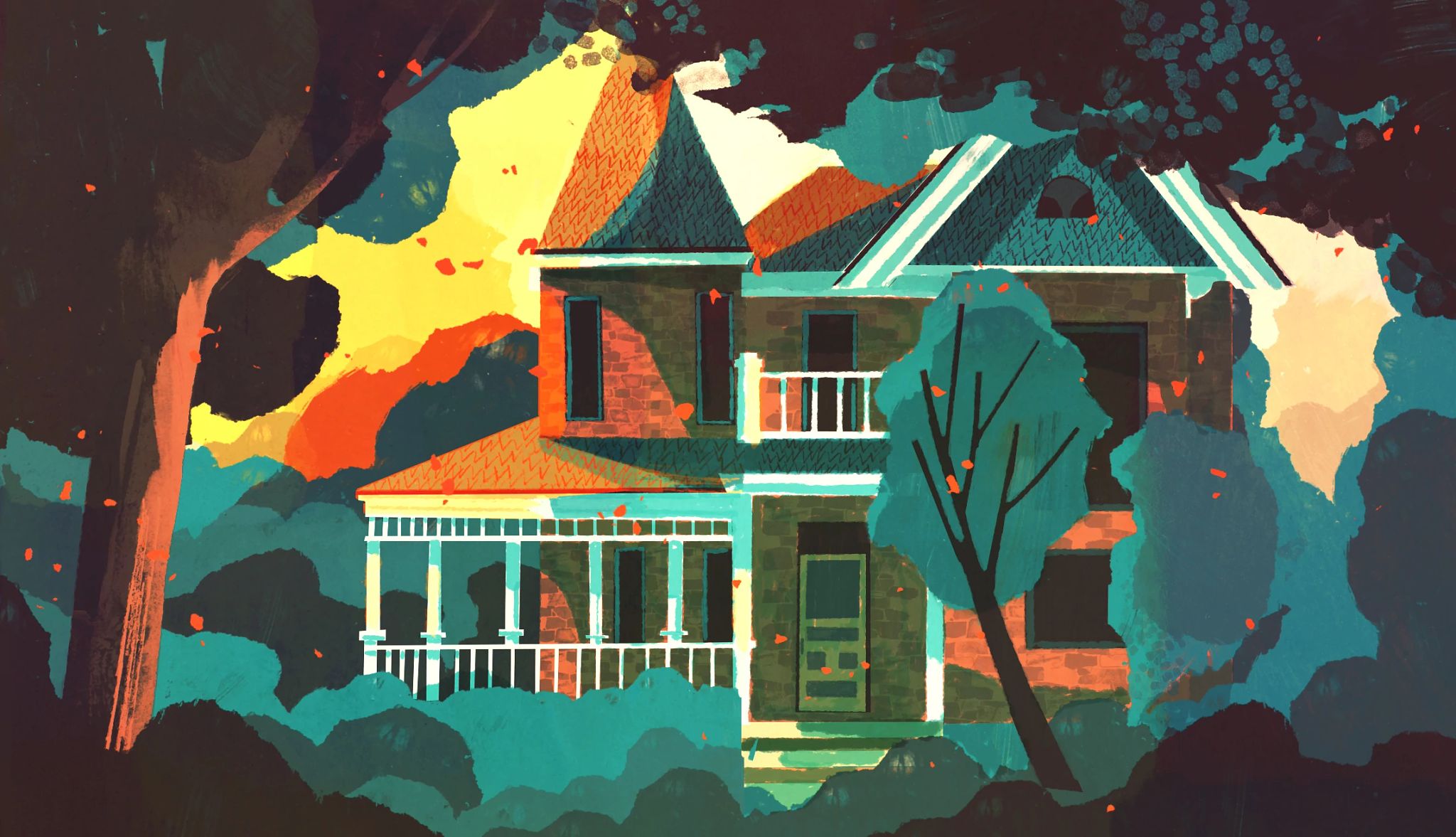
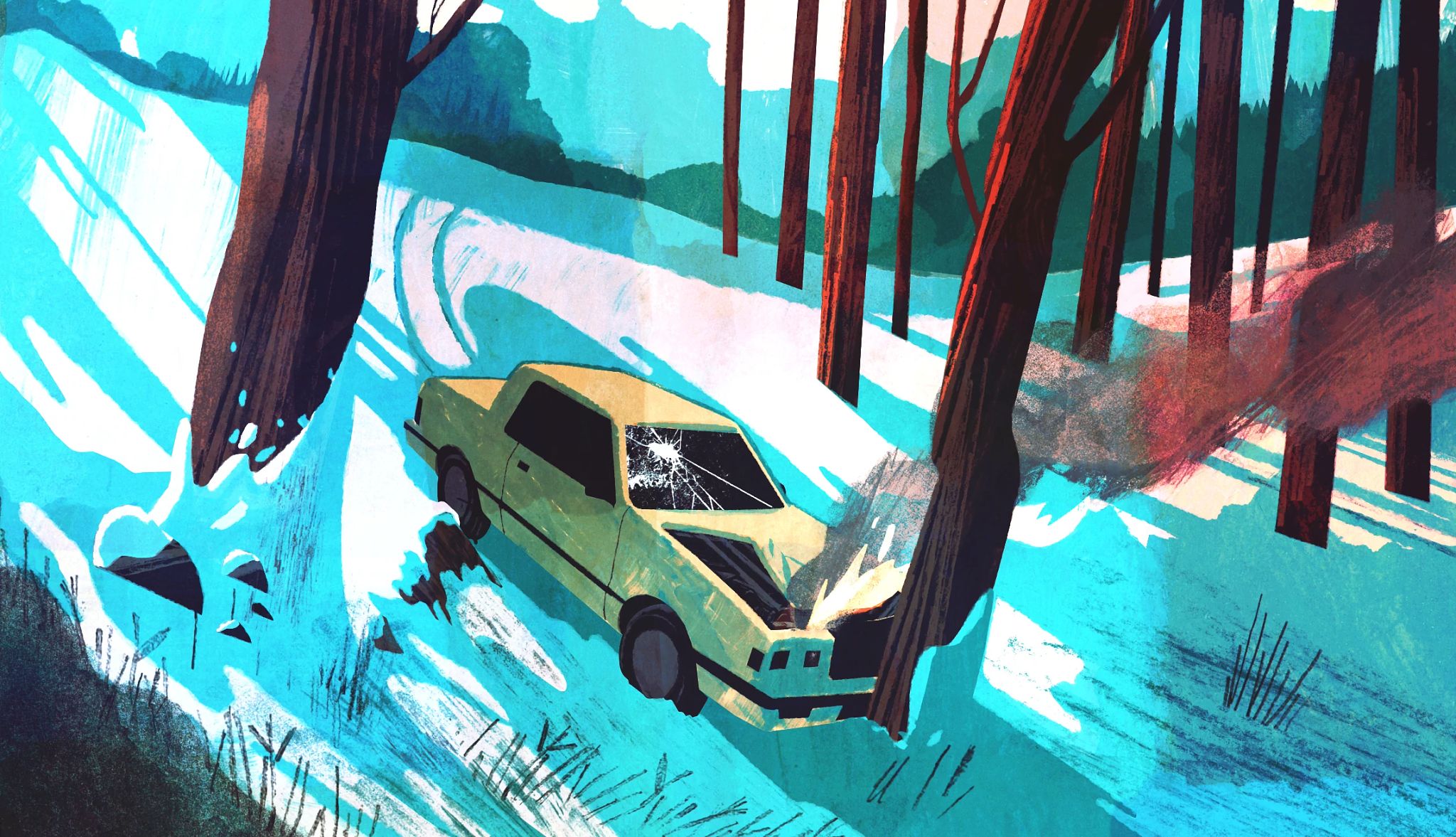
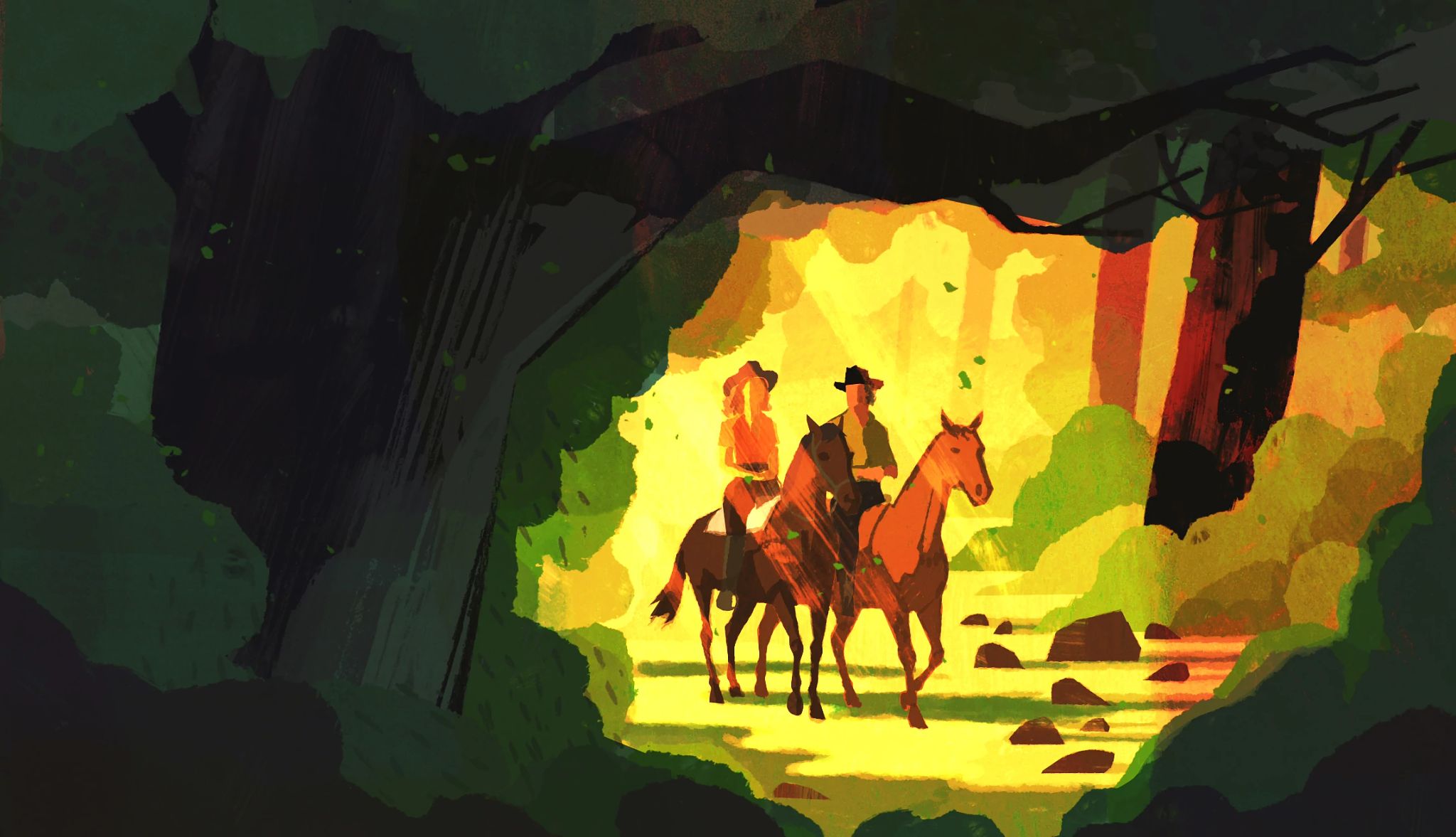
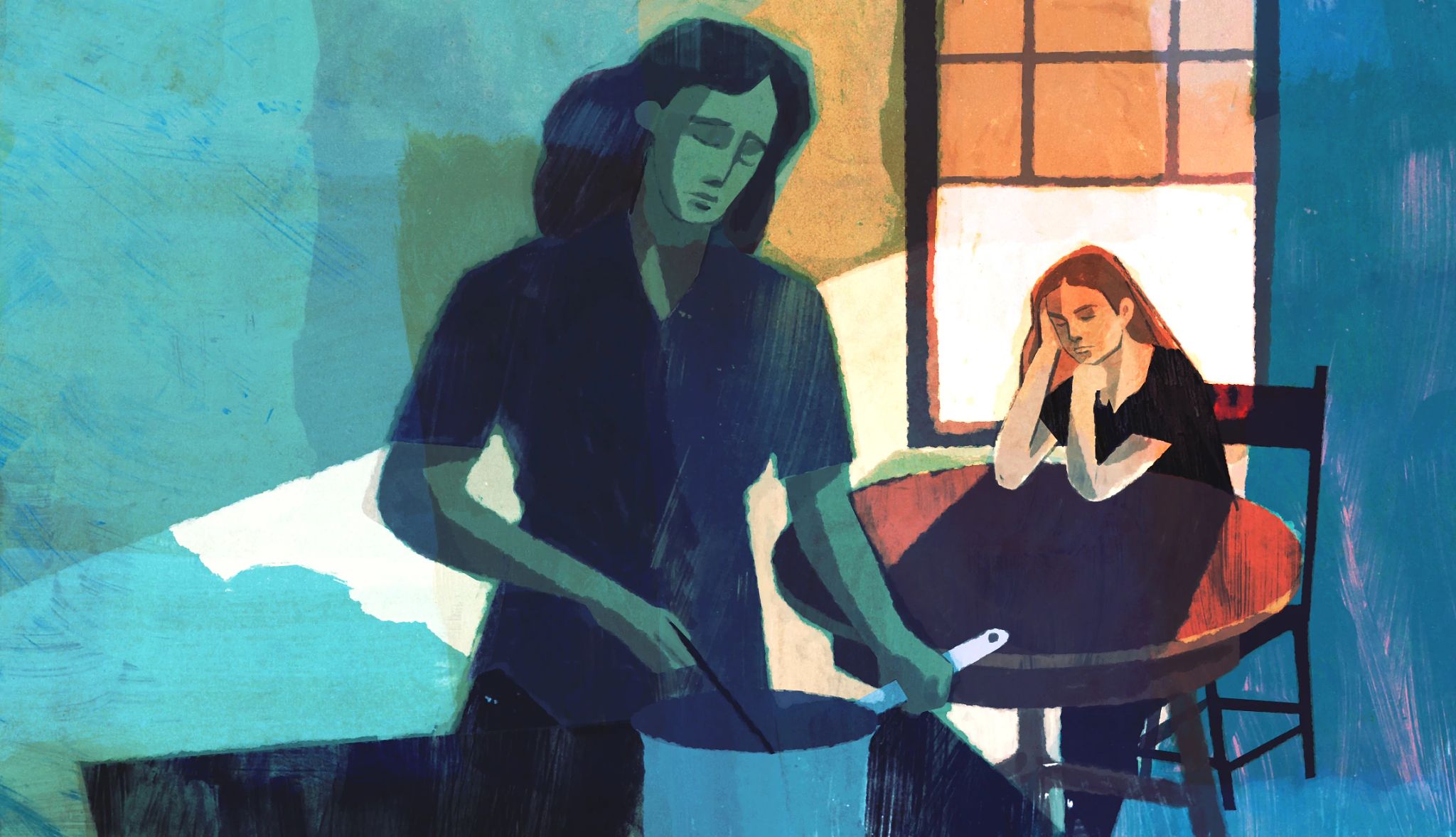
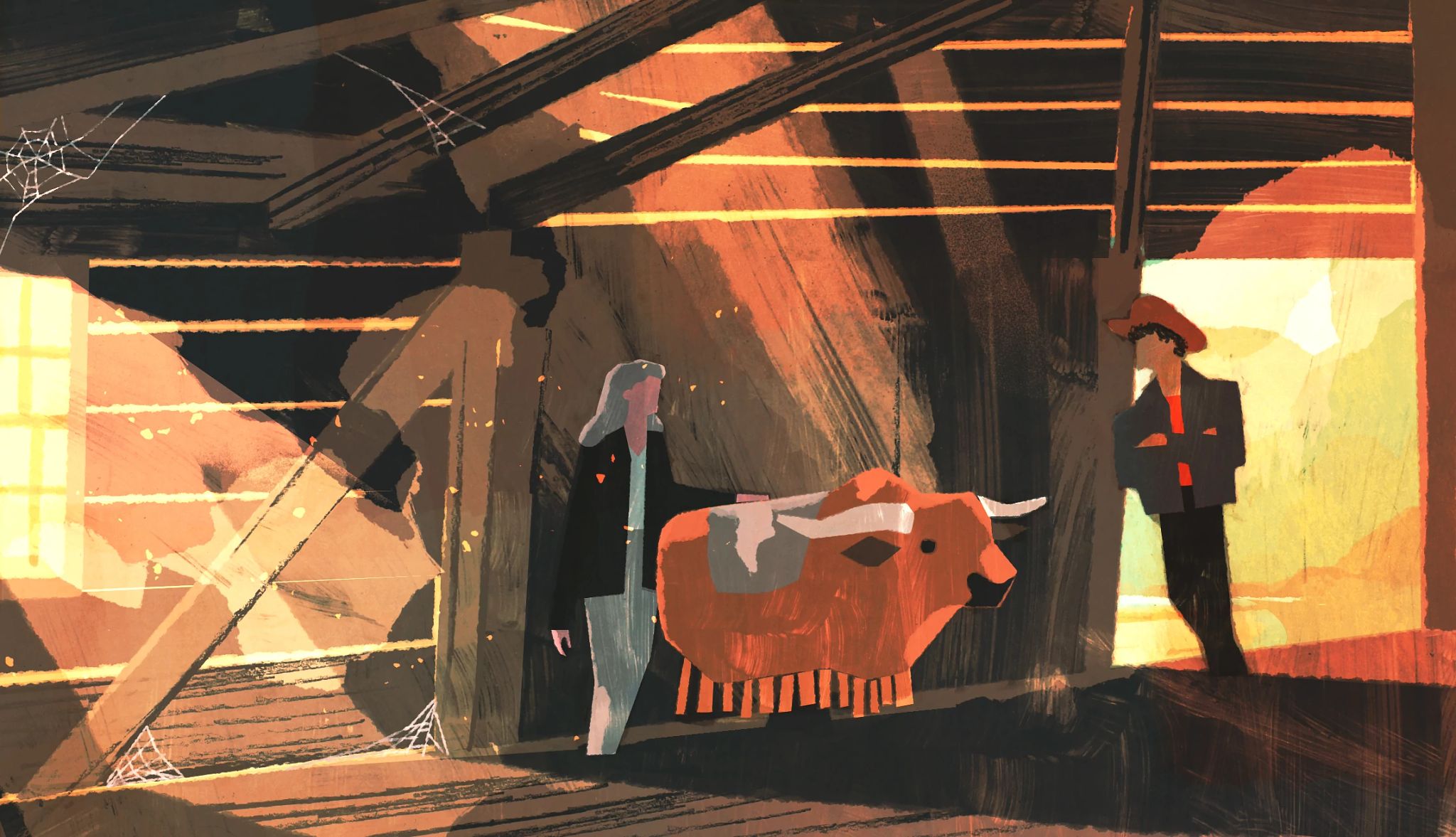
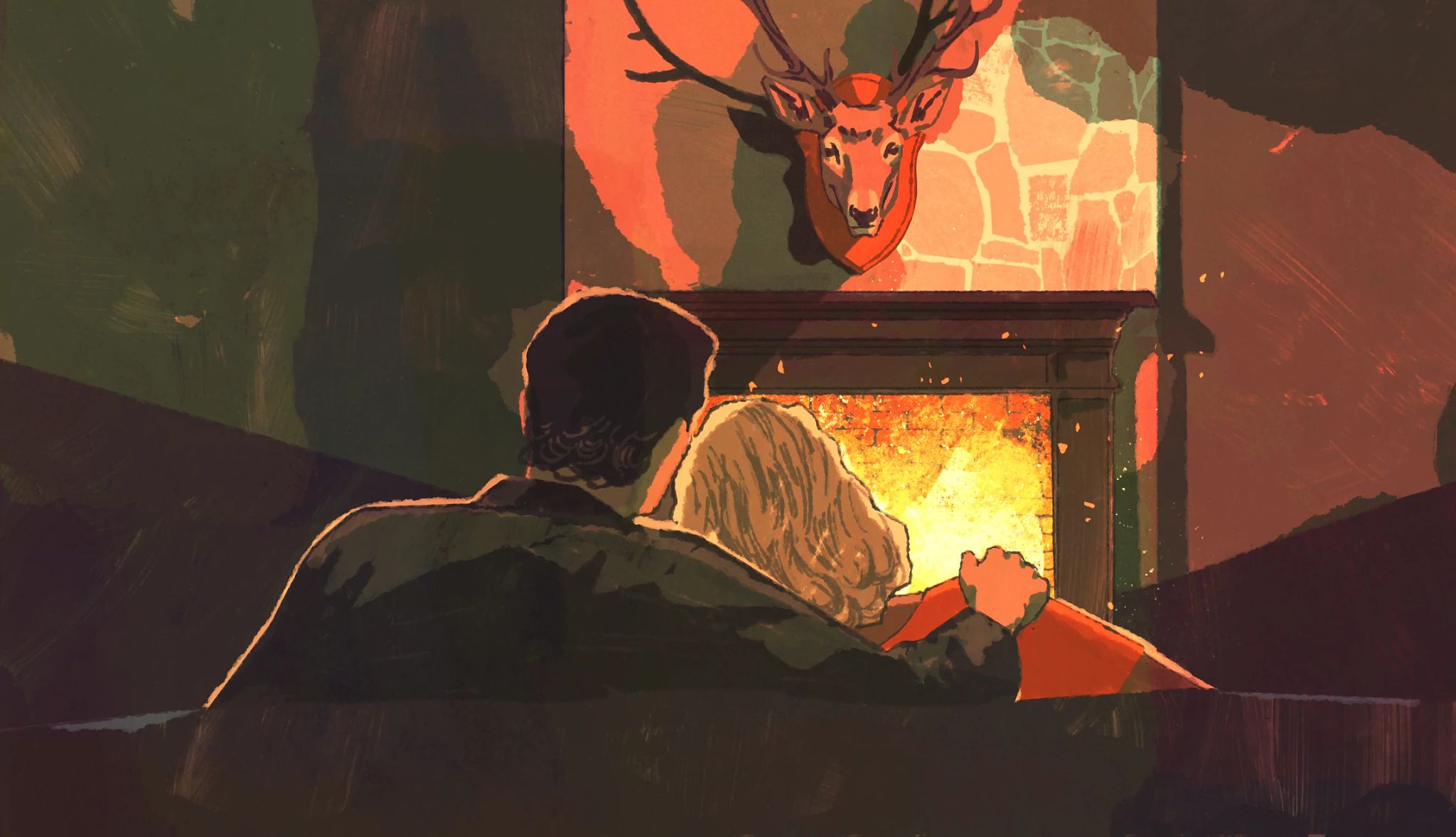
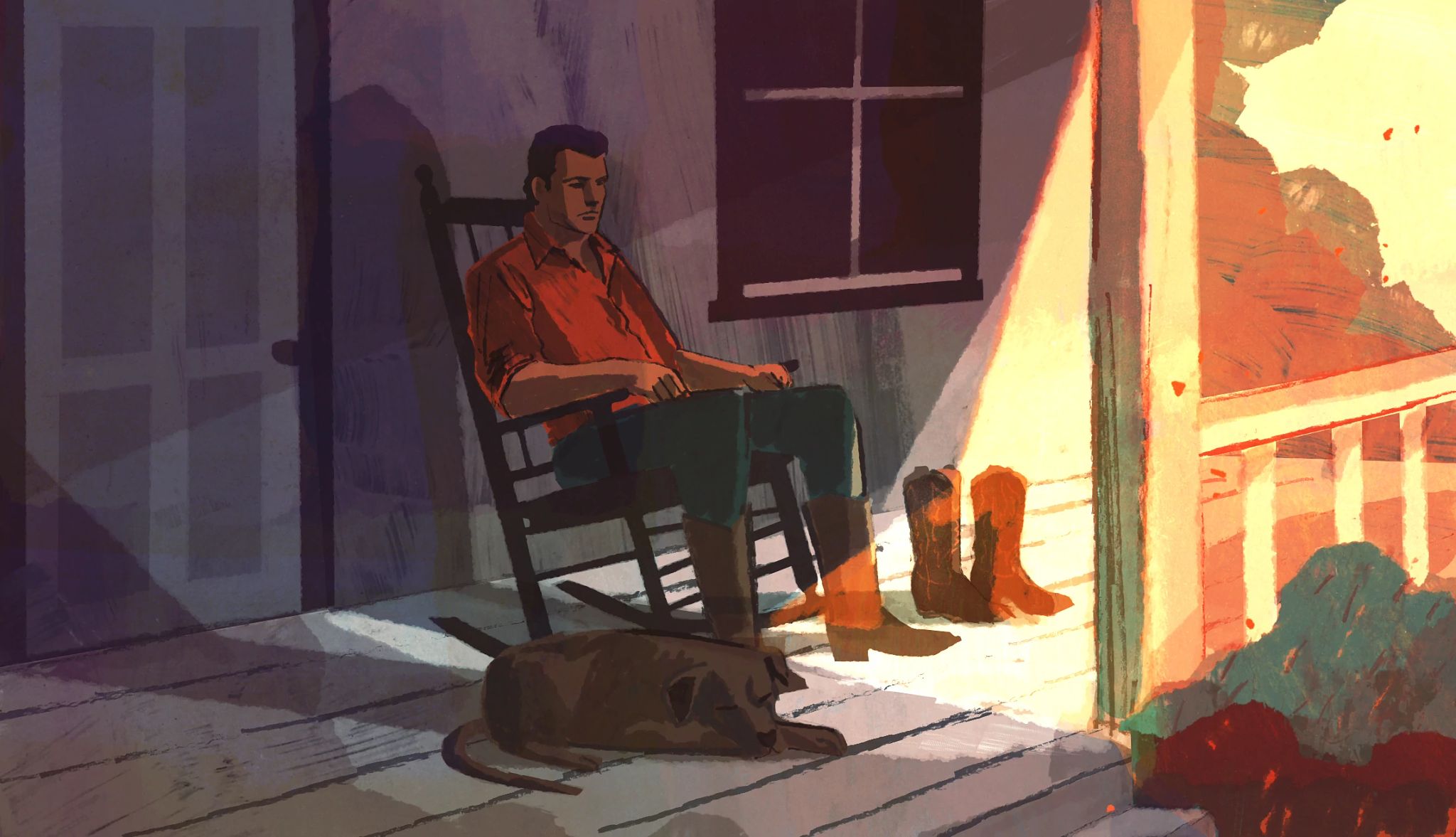
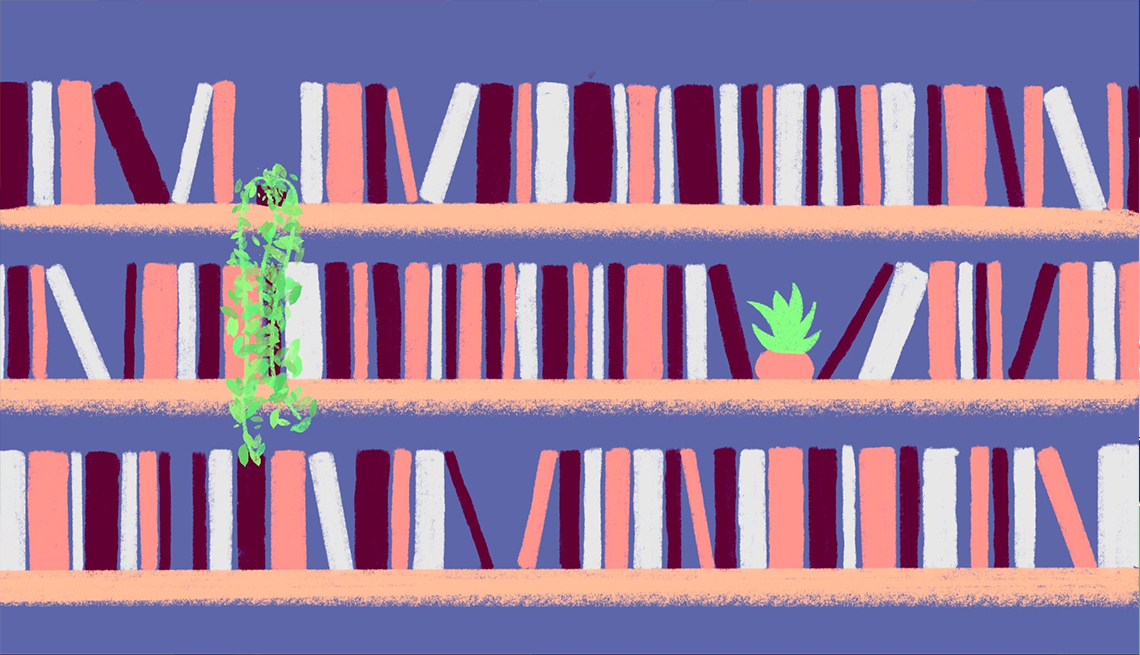
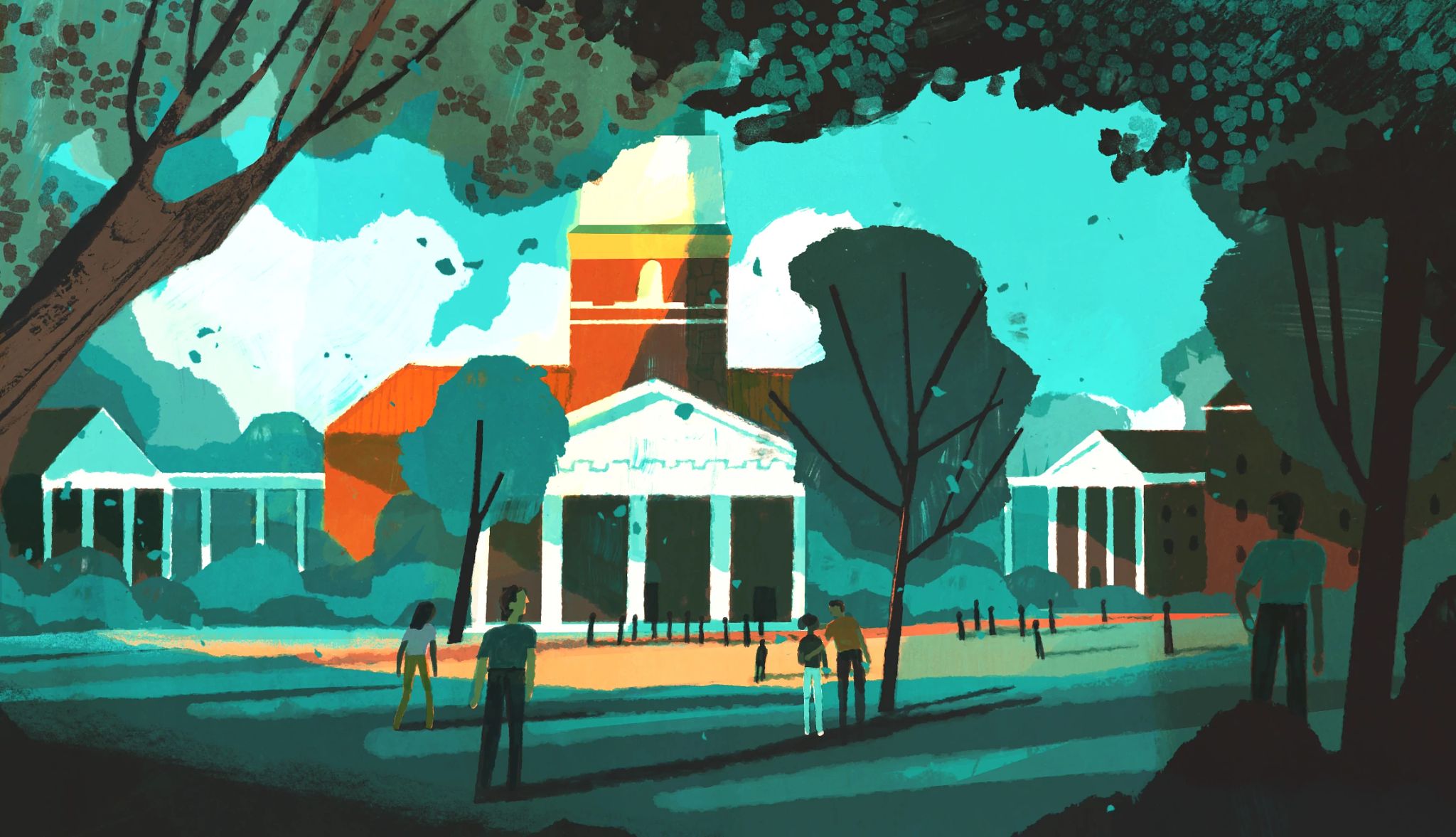
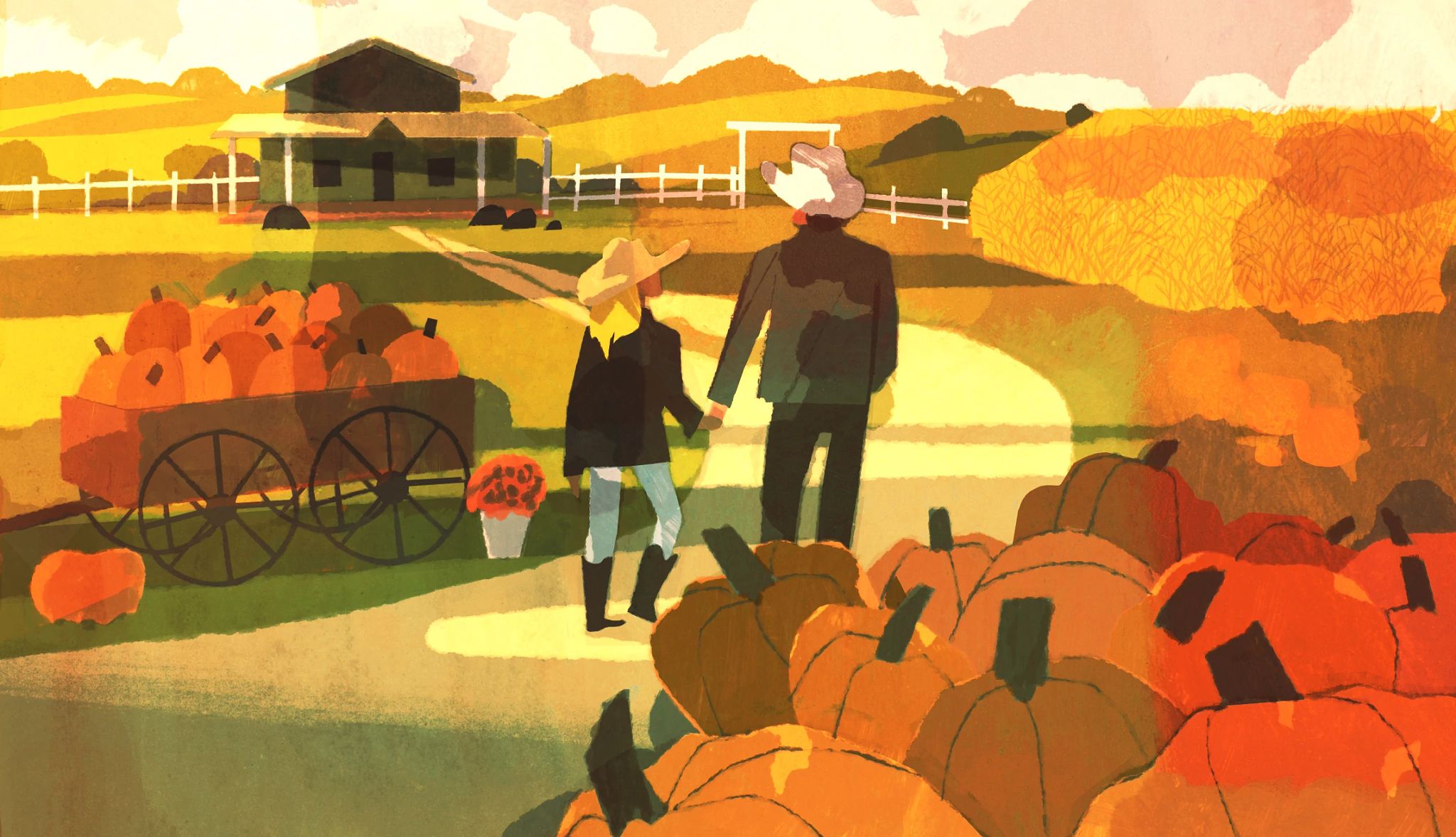
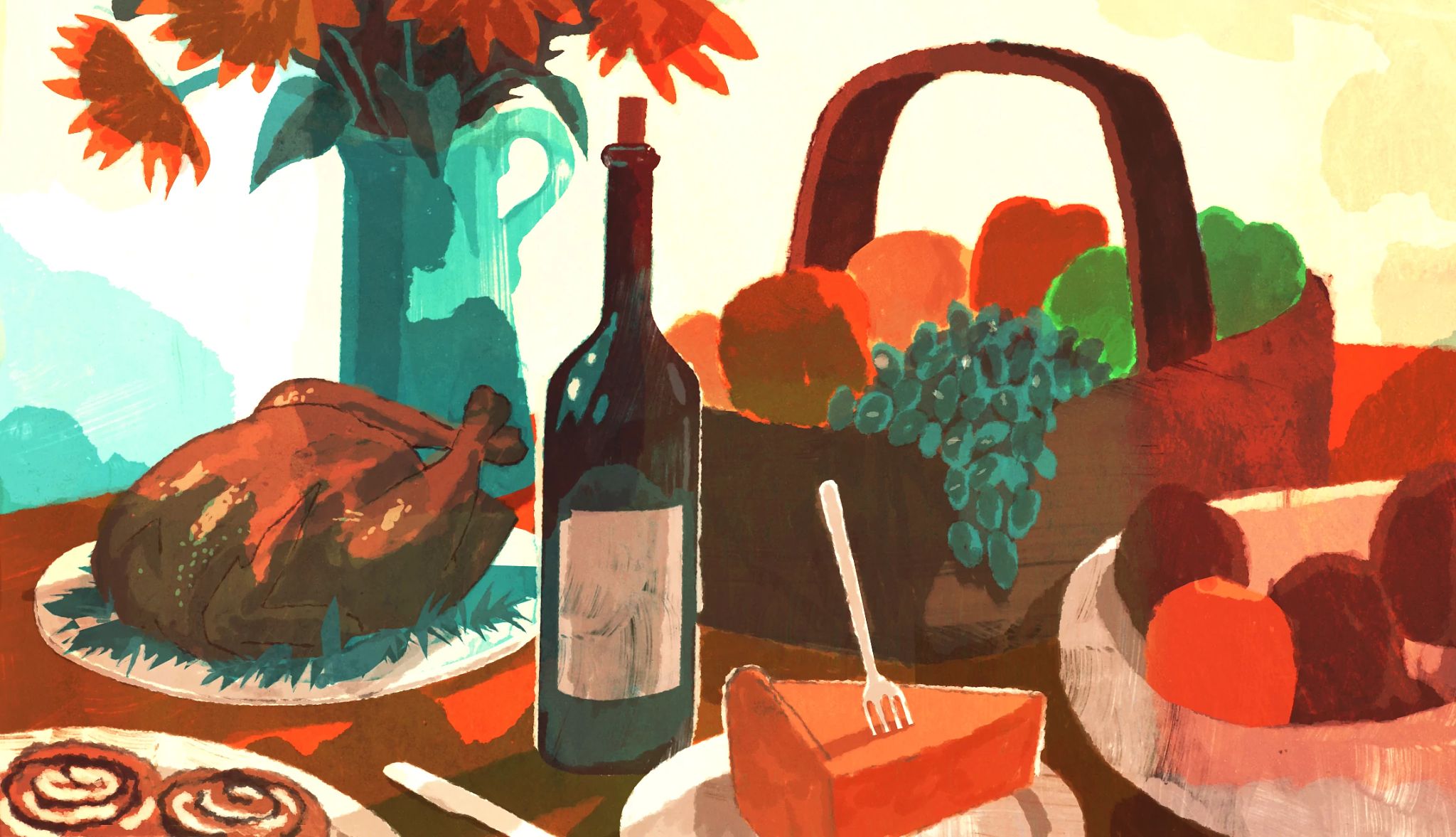


You Might Also Like
Is Nicholas Sparks as Romantic as the Leading Men in His Stories?
Author of ‘The Longest Ride’ and other best-selling novels discusses life, love and his new book, ‘Counting Miracles’
Free: ‘The Excitements’ by CJ Wray
Feel-good romp follows the law-breaking escapades of two quirky 90-something WWII vet sisters
More Free Books Online
Check out our growing library of gripping mysteries and other novels by popular authors available in their entirety
Recommended for You